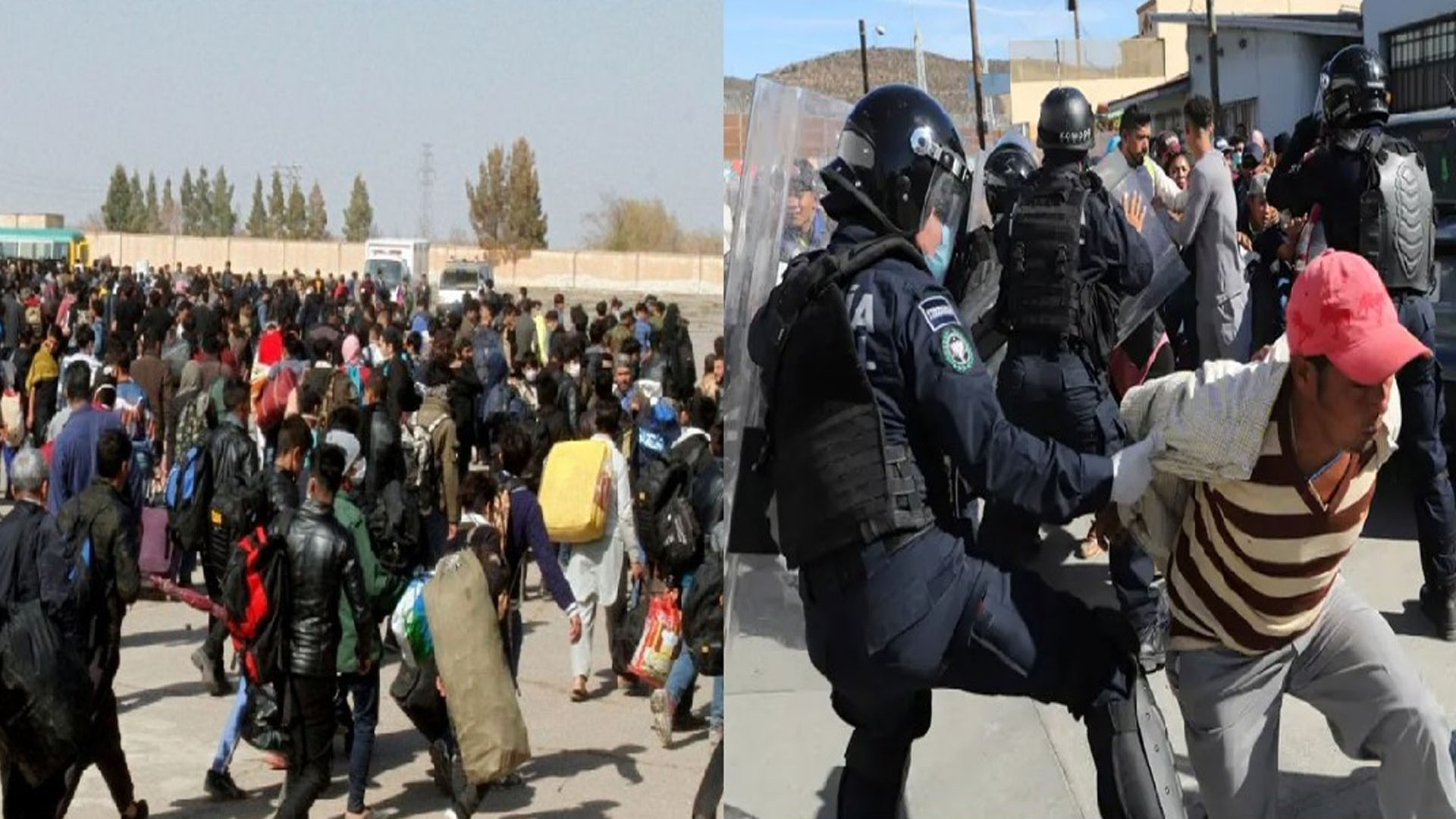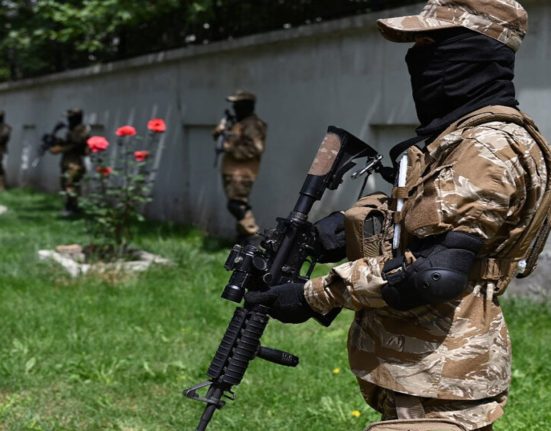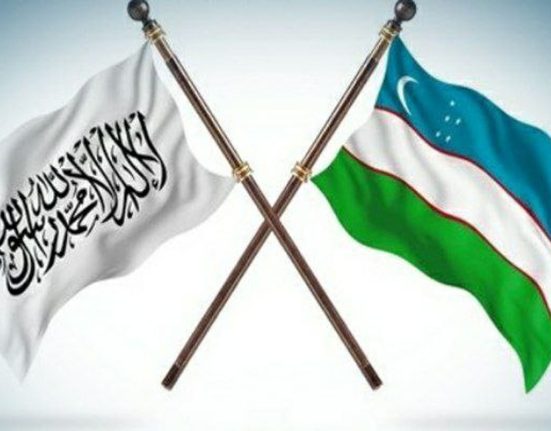
Deportation with humiliation, acceptance with discrimination; Afghan refugees trapped in injustice.
In one day, more than 20,000 Afghan refugees entered the country from the Iranian and Pakistani borders; a statistic that has redoubled concerns about the humanitarian crisis caused by the lack of preparedness of local Taliban structures.
According to official statistics, on Saturday, July 11, 3,808 families, including more than 20,000 people, returned to Afghanistan from crossings such as Islam Qala, Bandar Abrisham, Torkham, and Spin Boldak. A large part of these returns were carried out by the Islamic Republic of Iran, which has pursued the process of expelling Afghan refugees with unprecedented intensity in recent weeks.
On the same day, more than 3,700 Afghan families were expelled from Iran from the Islam Qala and Bandar Abrisham routes alone; deportees, many of whom entered a land that is facing deep economic crises and social restrictions under Taliban rule.
According to field reports, many of the deported migrants were born in Iran and have no connection to the Afghan life structure. Some of the girls who have recently returned to the country are now at risk of forced marriage. Human rights activists have warned that the lack of access to education, cultural pressure and lack of legal protection have put the future of these girls at serious risk.
As these returns increase, there have also been reports of the Taliban refusing to accept some migrants at the border. Iranian officials say that the Taliban in some cases do not accept migrants without documents, an issue that has left thousands stranded at border crossings
Meanwhile, campaigns have also been formed to protest the Islamic Republic’s treatment of Afghan migrants in Iran. A number of Afghan political figures, including Sediq Sediqqi, have called for a boycott of Iranian goods, calling these measures a symbolic response to “systematic discrimination” against Afghan migrants.
The United Nations has warned that Afghanistan under Taliban rule is not prepared to absorb and support this large returnee population; and what is happening is not just a migration crisis, but a humanitarian disaster in the shadow of negligence and lack of planning.







